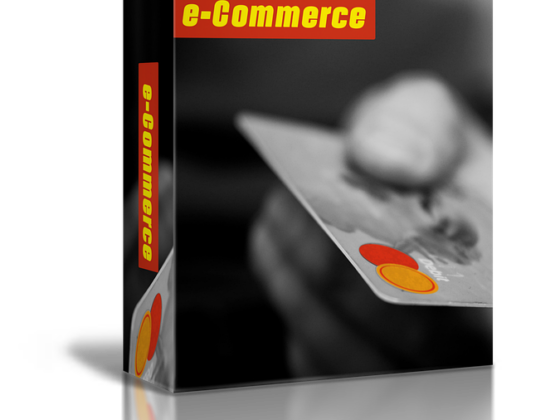In today's digital age, technology has become an essential part of our daily lives. Whether you're a student, a professional, or just someone looking to stay connected, having the right tools at your disposal can make a huge difference in your productivity and overall experience. However, with so many options available, it can be overwhelming to know where to start. That's why we've put together this beginner's tech toolkit, filled with handy tips and tricks to help you kickstart your digital journey.
1. Laptop or Desktop Computer
The first and most important tool in your tech toolkit is a laptop or desktop computer. This will be your main hub for accessing the internet, creating documents, and staying organized. When choosing a computer, consider factors such as processing power, storage capacity, and portability. If you're on a budget, refurbished or older models can still be a great option for basic tasks.
2. Smartphone or Tablet
In addition to a computer, having a smartphone or tablet is essential for staying connected on the go. These devices allow you to check emails, browse the web, and access apps that can help you be more productive. When choosing a smartphone or tablet, consider factors such as battery life, screen size, and operating system compatibility with your other devices.
3. High-Speed Internet Connection
Having a reliable internet connection is crucial for accessing online resources and staying connected with others. Consider upgrading to a high-speed plan to ensure smooth browsing and faster download speeds. Also, consider investing in a Wi-Fi router to extend your internet coverage throughout your home or office.
4. Productivity Software
To stay organized and efficient, consider investing in productivity software such as Microsoft Office or Google Workspace. These tools offer a suite of applications for creating documents, spreadsheets, and presentations. They also include cloud storage options to access your files from any device.
5. Security Software
Protecting your devices from malware, viruses, and hackers is essential in today's connected world. Invest in security software such as antivirus programs and password managers to keep your information safe and secure. Also, enable two-factor authentication on your accounts for an extra layer of protection.
6. Cloud Storage
Backing up your files is important to prevent data loss in case your device gets damaged or lost. Utilize cloud storage services like Google Drive, Dropbox, or iCloud to store your important files securely in the cloud. This also allows you to access your files from any device with an internet connection.
7. External Hard Drive
In addition to cloud storage, having an external hard drive is a good idea for backing up large files or creating a physical backup of your data. Consider investing in a high-capacity hard drive that is compatible with your computer or mobile devices.
8. Basic Tech Accessories
Invest in basic tech accessories such as a wireless mouse, keyboard, and headphones to enhance your productivity and comfort while working on your devices. Also, consider getting a laptop stand or cooling pad to improve ergonomics and airflow for your devices.
9. Online Learning Resources
To improve your tech skills and stay updated with the latest trends, consider taking online courses or watching tutorials on platforms like Coursera, Udemy, or YouTube. These resources offer a wide range of topics from coding and design to digital marketing and cybersecurity.
10. Tech Support Services
If you encounter technical issues or need assistance with your devices, consider subscribing to tech support services like Geek Squad or AppleCare. These services offer remote troubleshooting, repairs, and advice to help you resolve any problems quickly and efficiently.
FAQs
Q: Do I need to buy the latest and most expensive devices?
A: Not necessarily. While newer devices may offer additional features and performance improvements, older or refurbished models can still be a good option for basic tasks at a lower cost.
Q: How can I protect my devices from viruses and malware?
A: Install reputable antivirus software on your devices and keep them updated regularly. Also, avoid clicking on suspicious links or downloading files from unknown sources to prevent malware infections.
Q: How can I improve my internet connection at home?
A: Consider upgrading to a high-speed plan, positioning your router in a central location, and using a Wi-Fi extender to extend your coverage. Additionally, consider using an Ethernet cable for a more stable connection.
Q: What are some essential apps and tools for beginners?
A: Some essential apps and tools for beginners include productivity software like Microsoft Office or Google Workspace, communication apps like Slack or Zoom, and organization apps like Trello or Evernote.
In conclusion, having the right tools in your tech toolkit can make a big difference in your digital journey. By investing in essential devices, software, and accessories, you can improve your productivity, stay connected, and learn new skills. Remember to regularly update your devices and software, back up your files, and stay informed about the latest tech trends to make the most of your digital experience.











